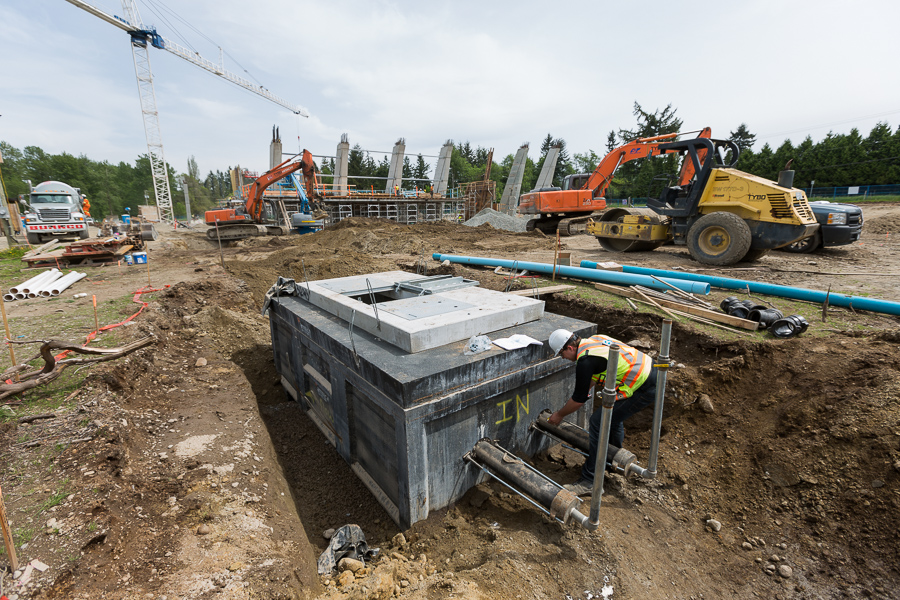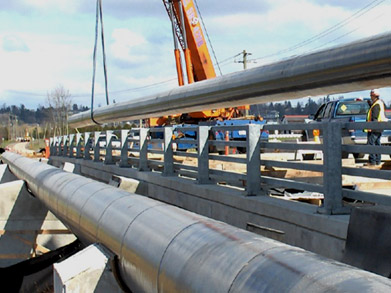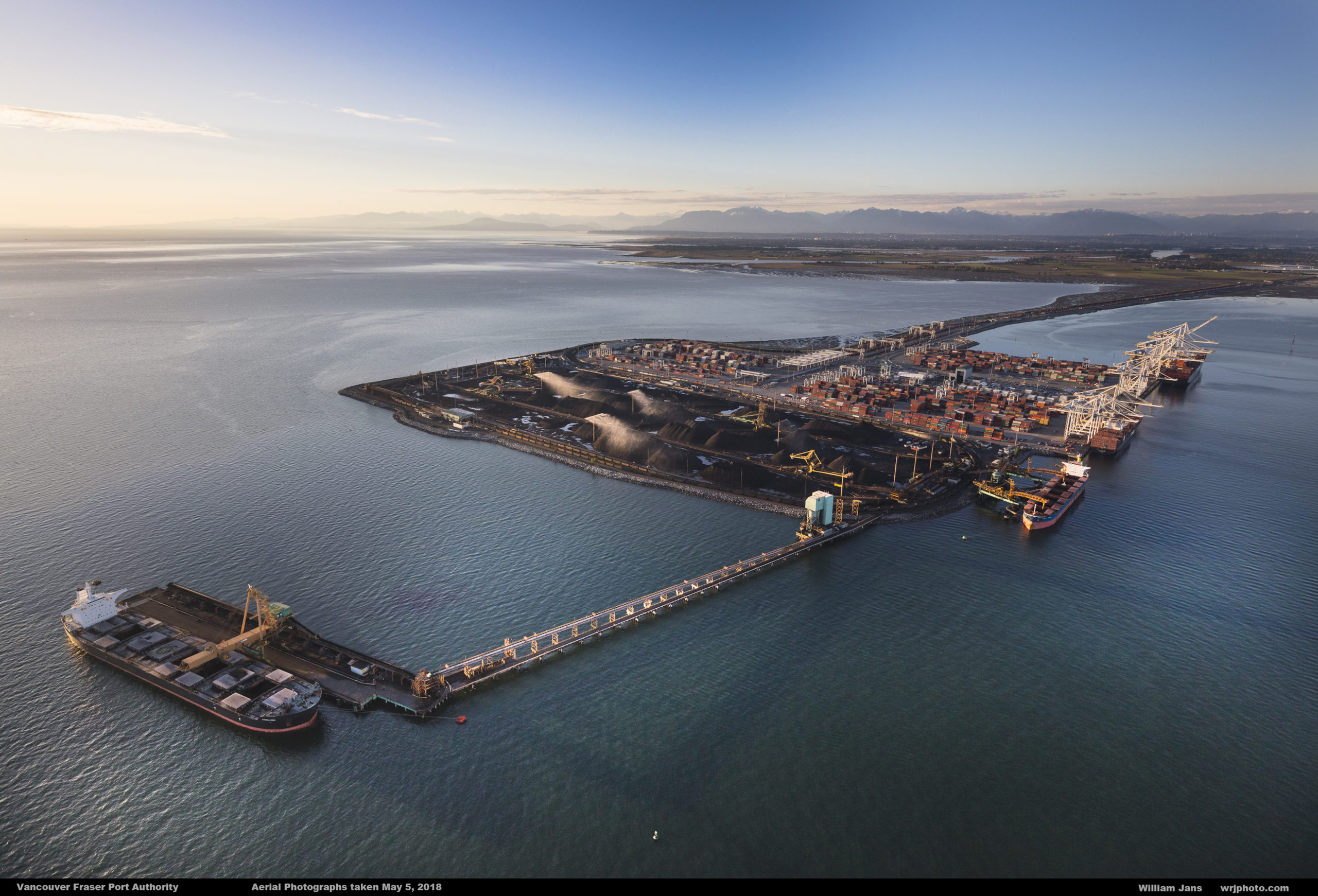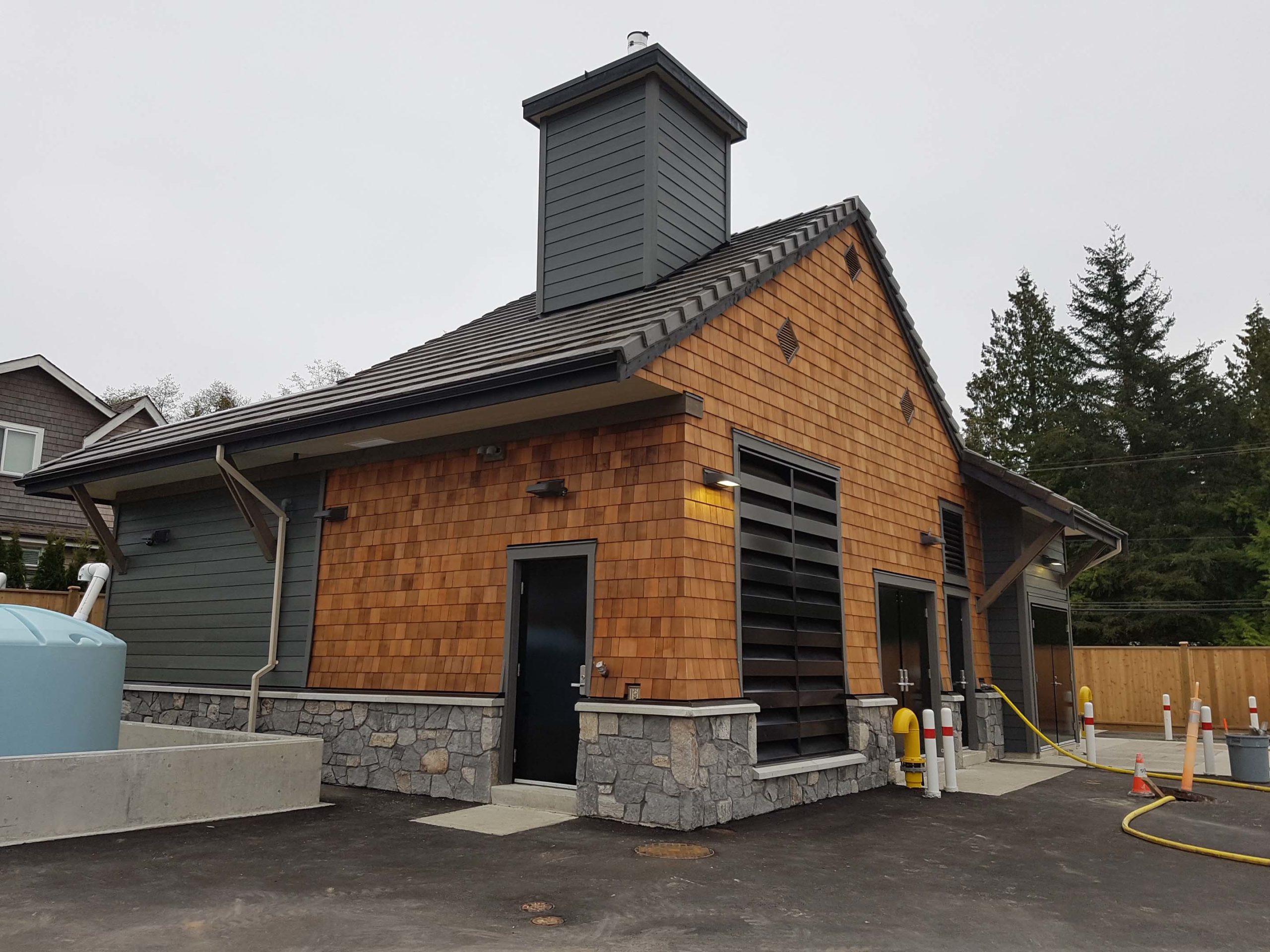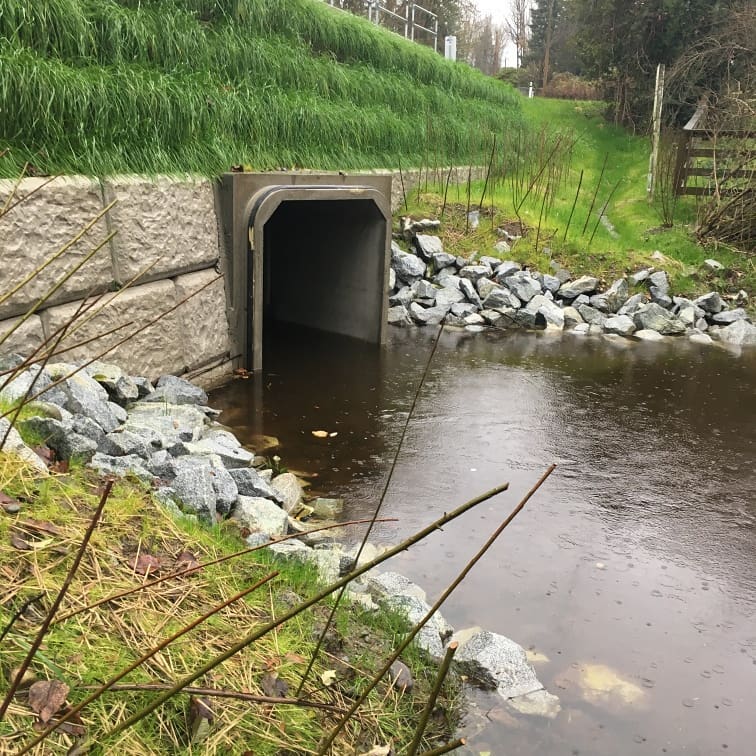Climate Resiliency
Climate change has impacted communities across Western Canada, and Binnie is committed to staying at the forefront of the newest science.

Climate change has impacted communities across Western Canada, and Binnie is committed to staying at the forefront of the newest science. Binnie’s climate resiliency specialists are trained in asset management, risk management, climate-smart policy and procurement, the Public Infrastructure Engineering Vulnerability Committee (PIEVC) Protocol, climate science, and climate change law. This provides us with the knowledge and competencies to plan, design, and manage resilient infrastructure to withstand the impacts of a changing climate. We stay up-to-date on research through institutions such as the Pacific Climate Impacts Consortium (PCIC), who provide practical applications and tools for designers and decision makers. Major rainstorms, temperature extremes, sea level rise, drought, and changes in wind patterns are just some variables that we consider in our resilient design.
We specialize in:
- Climate data collection and analysis (sea level rise, storm surge, precipitation, temperature, wind)
- Evaluating risk and impacts of natural hazard events (tsunamis, drought, heat waves and floods)
- Developing disaster risk reduction-climate adaptation into ongoing policy and maintenance plans
Determining climate resilience design values and parameters for:
- Storm & sanitary sewer systems
- Roadways
- Culverts
- Bridges
- Buildings & structures
- Pump stations
- Utilities (watermains, gas mains, hydro)

